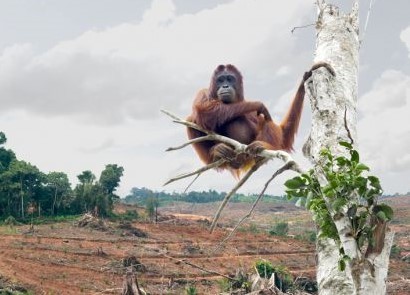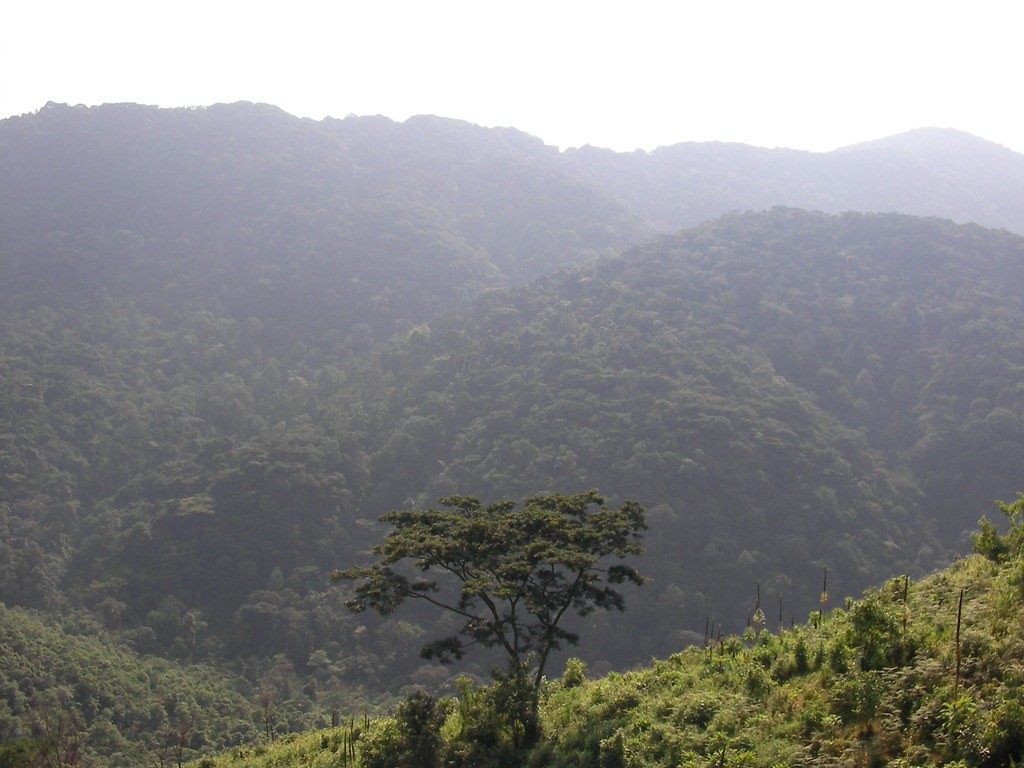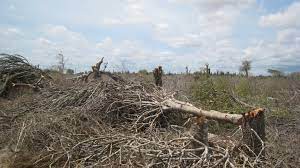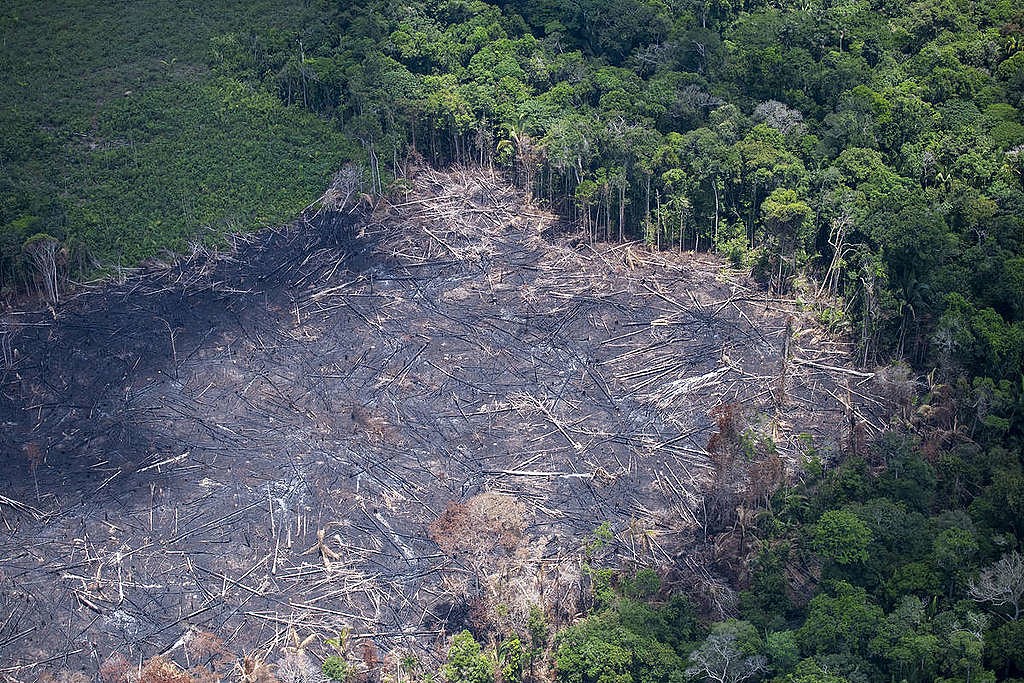It seems that so long as the initial cause of the deforestation was not palm oil (or perhaps not the current owners of the palm oil farm?), then even if it is immediately converted into palm oil plantations, it can be counted as sustainable.

This is absurd. It should obviously be the case that if an area is deforested illegally, then it should be reforested, not get the right to permanently become part of the crop areas.
Not really good.
It essentially means that the RSPO affiliation means nothing, as those of us concerned about the destruction of the rainforest and the loss of the biodiversity that it contains cannot trust them at all. I have written in the past, about Newquay zoo getting its signs wrong on avoiding palm oil. What is clear, is that almost none of the palm oil from Indonesia can claim to be avoiding deforestation as you’d expect. Has the RSPO destroyed their authority for ever? Time will tell.
What is clear is that this is not a new thing. Back in 2016 the Huffington post wrote an article “RSPO: Completely Worthless, or Just Mostly Worthless? (UPDATED)” (click the article to read it in another tab) in which it basically outlines many of the points from this latest assessment. This study was more thorough, so can tell us the extent of the problem, but what is clear is that it is not new.
Should the RSPO be given a second chance? I would argue not. If they have not cleaned up shop in 6 years, then there is going to be little rainforest left before they actually get their act together. Can it be done? Ferrero is ranked number 1 out of 173 by WWF on sustainable palm oil sourcing. Clearly it can be done – However, brands that hold onto RSPO may well start being avoided by the eco-concerned. If they are that useless then why even look for their mark
















